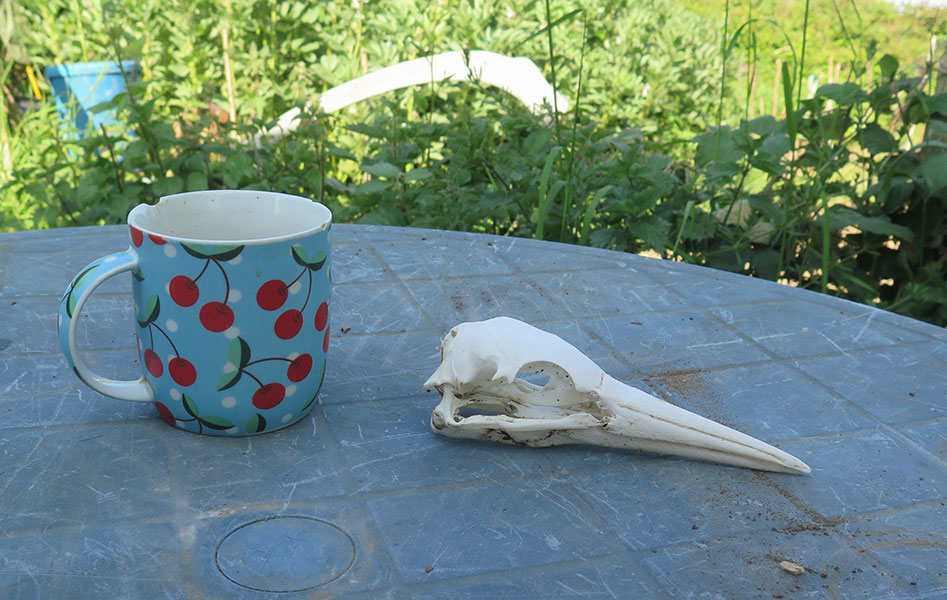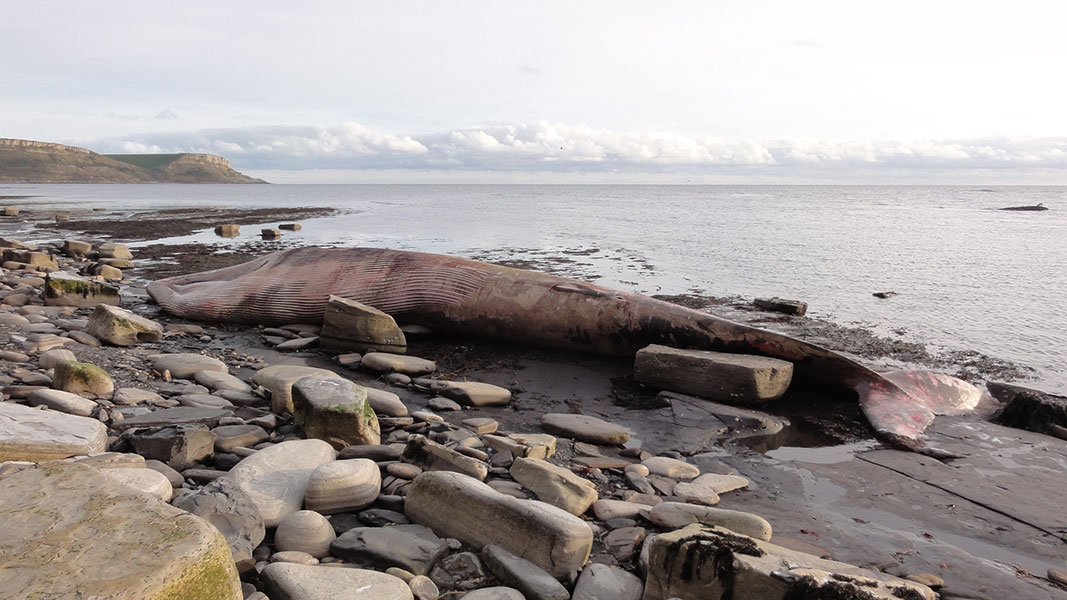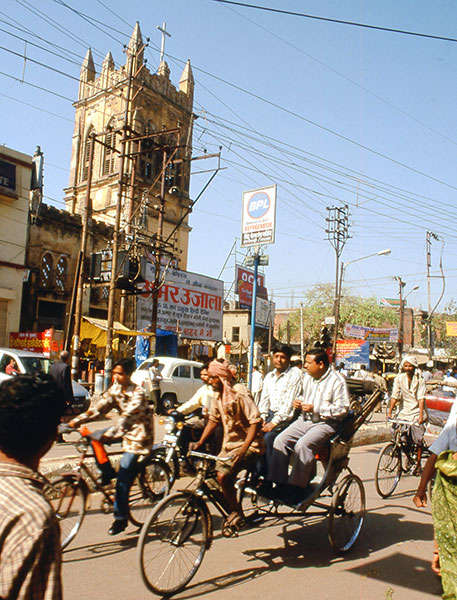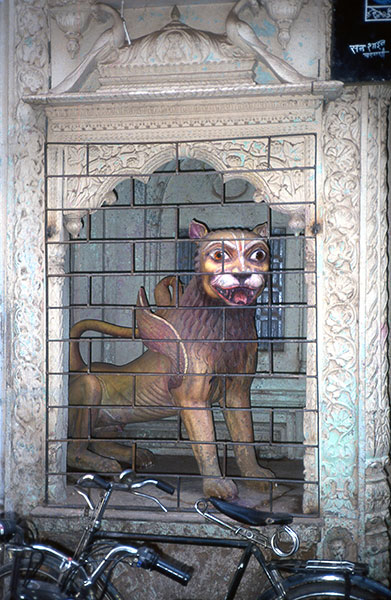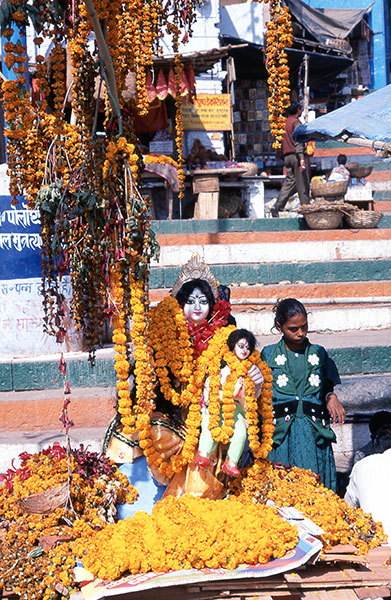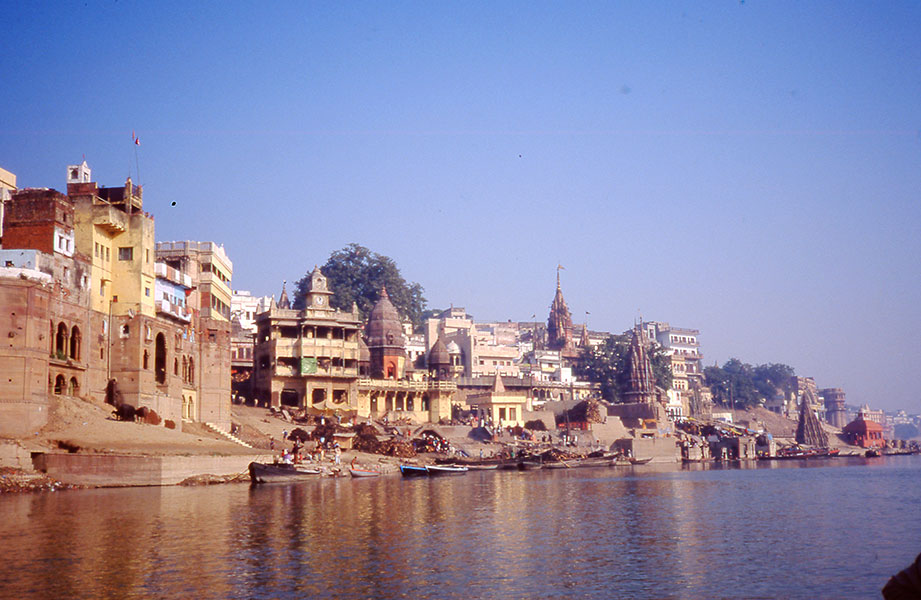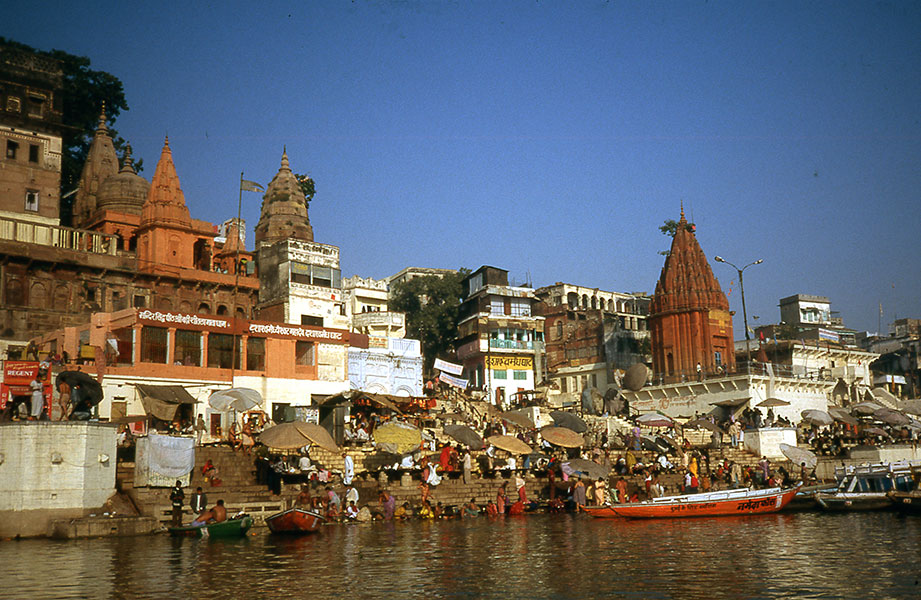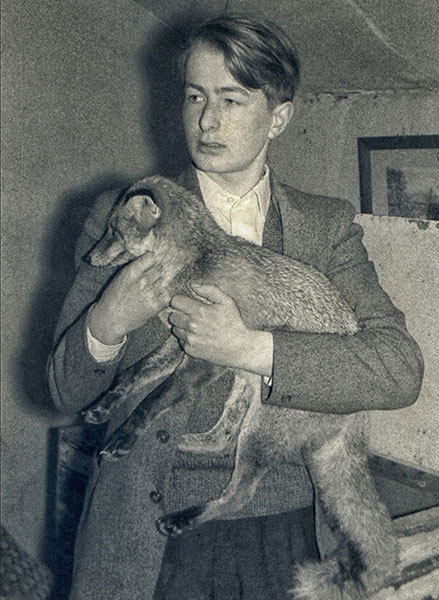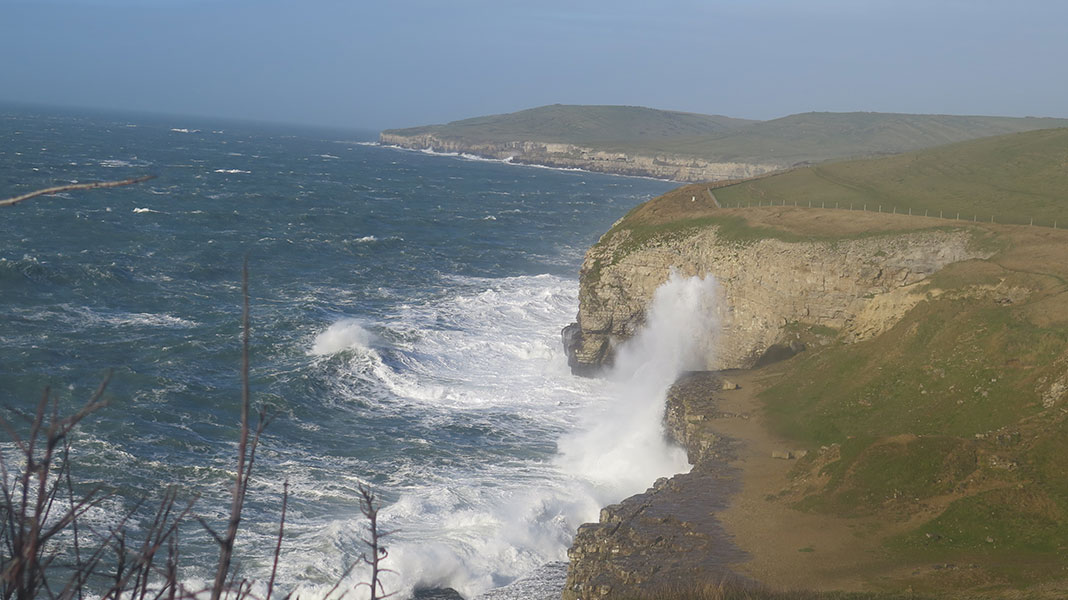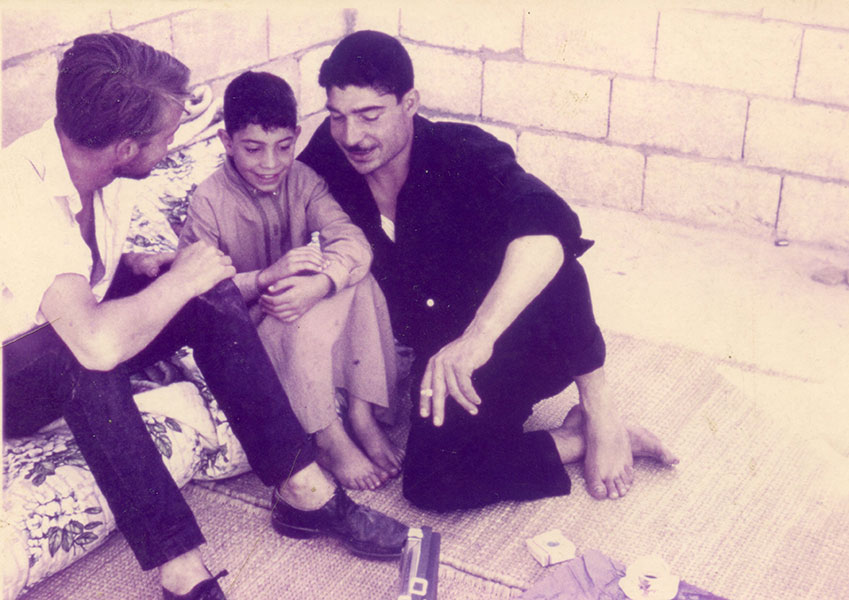74. The Demise Of Beasts & Humans
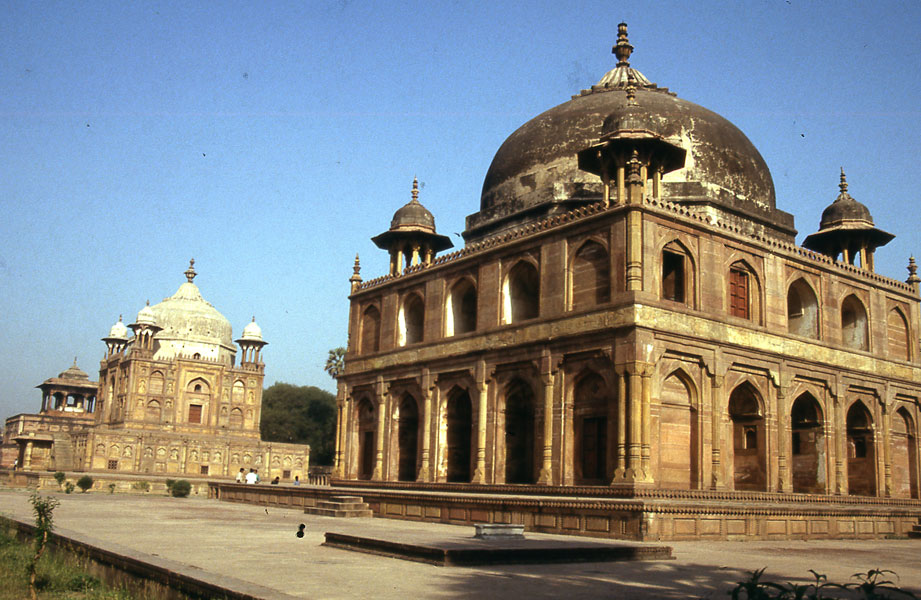
73. Poison And The Holy Land
May 4, 2023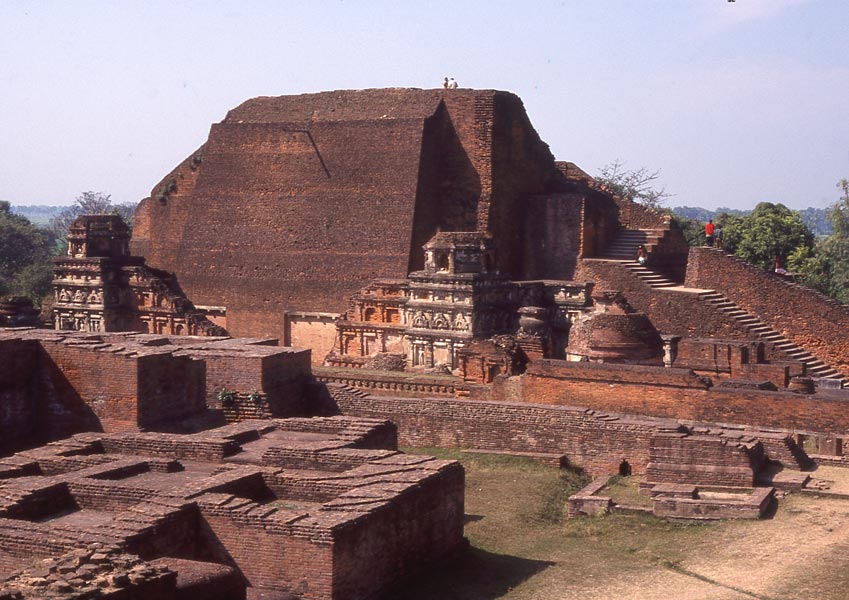
75. Bodh Gaya To Calcutta : Goodbye To The Cycle
July 6, 2023F ine weather hits Purbeck as a reward for weeks of dreary downpours which created a quagmire of my track to the outside world. It is June. The track is firm again and the well-watered earth blooms radiantly green. Those plants they call weeds begin to hide the mud of building work, flowering into pink campion and shining buttercups. Even prolific stinging nettles provide sabji before the garden yields and feed bright butterflies.
While covid faded birds died of avian flu. On a beach near Portland lay ten skeletal gannets, stripped by the sea. A gannet skull now guards the door. In Lahore, Jahangir set up a human one – a reminder of mortality. Whalebones gate my garden, taken from a 15m Fin Whale washed up nearer home. Remember man, thou art but dust... Along the cliffs the pandemic – theirs not ours – left little impact. Auk numbers seem steady. Declining Kittiwakes and puffins continue to decline. Each Herring gulls’ nest offers its usual quota of three pretty, camouflaged chicks fated to a career of cold-eyed chip-stealing.
Late in the day, the Powers are finally reacting to man’s scourge of the world with poisons and tidiness. The roadside verges, this year left uncropped during the prime blooming months, have responded colorfully. Did the new king suggest they leave his Poundbury suburb of Dorchester unmowed? The trim street-side lawns have become bright wild-flower meadows. Perhaps he’s the right man at the right time.
Sadly, the rabbits remains uneducated. One, replete with a row of broccoli seedlings in his tummy, fled when I appeared this morning. Damn! Last year, another bunny, busy enjoying my vegetables, forgot the buzzard. The bird soon enjoyed him. But, fifty years further from my own end, I was cycling towards Benares. Beside the slow, wide, holy Ganga, the city was officially even then Varanasi, great centre of pious Hindu dying.
*
Well into dusk, 30km short of Benares, a man put out a charpoy beside the road. There I woke at dawn with a wet fart. How demoralising! Back to the bike. At the city post office there were few letters waiting, the fattest already opened. The Tourist Bungalow’s dormitory charged 2rs a bed. There, born in a big, stagnant pool outside, the grandchildren of mosquitoes who stole my sleep in 1965 proved just as lively. The only other occupant, a slightly hostile French hippie, puffed a powerful chelum. A grotty, grubby Chinese eating-place round the corner provided remarkably good food alongside an Irish couple I’d met in Khajuraho.
The French guy quit early. I wandered the teeming streets, past an incongruous Victorian Gothic tower, steering by sunlight towards the riverside. A long line of crouching beggars, mostly leprous, were more pathetic than the memory. The alleys opening onto impressive stone-stepped banks were crammed with eddies of bright clothed women, men in shades of white. A bier passed ‘Ram, Ram, Ram’ towards the cremation pyres. A beggar in rags dragged his crippled spouse on a rough-made wooden trolley. All this coming and going with the sun well up; far busier at dawn. Seated on the steps were variously-naked ashen sadhus beside Shaivite tridents or the light forehead marks of Vishnu.
The filth in the river, ordure on its banks, flotsam, coconut shells, crushed marigold garlands lapped by brown, opaque water. From temples and shrines a ceaseless ‘Jai, Jai Ram’ against brass percussion. Such a bustling. Wet people, stripped naked by their clothes – a mixing of festive and pious. And always those rows of disfigured, aged limbs of folk in the abyss of rags and dejection, their hopeful aluminium bowls; an auspicious place to die. It was too much. I retreated, took vile tea and let the world flow by, resolving never, never to invade Benares again. A torrent of piety, grief and joy. So many so utterly devoid of all hope. The whiteskin tourists merged well into the polyglot mass. It was still the hippie era and many wore the well-worn, faded garb of pilgrims.
A girl from Toronto, just back from Bodh Gaya, joined me as the sky lightened and we set off together for the Ghats, she on a decrepit hired cycle. Parking near Dasaswamedha (Ten-Horse-Sacrifice) Ghat, we took a rowing boat along the banks, slowly beneath the vacant mosque. Built with a mission, it had failed. The rippling fringe was lined by bathers in clinging cotton. At the burning ghats, among crossed logs, embers glowed red around faint human shapes, blue smoke. Relations, who had lived close as their parents died close, poked the ashes. Two wrapped corpses lay patiently, feet in holy Ganga, awaiting a turn to burn. Eternal thoughts: ‘…thou are but dust, and into dust thou shalt return.’ ‘Dust to dust, ashes to ashes’. ‘Life is a bridge, cross it but do not tarry. It is but an hour…’, best passed in glorifying all manner of creation.
The boat hovered in the touch of Death, then turned downstream. People from all India. A sadhu motionless beside his white girl chela gazing on weeks of rotting, rippling marigolds. In a narrow side-street they sold colourful wooden toys. She bought several. Where could I carry such things? It was cobbled, surprisingly clean - more southern Europe than India. The morning sun rayed the blue cooking smoke drifting over vivid bouganvilias in a tiny garden. Facades with painted elephants, guards by their doors, Hanuman, foot heavily on Ravan’s chest. Vermilion idols peeped from tiny shrines.
A group of women bearing gifts, chanting their way, followed musicians to temple. Men carrying yet another corpse towards the fires. We rose up a tiny alley seeking the mosque, but ended overlooking brown Ganga to the green shore beyond. A couple of sailing boats headed upstream. It was hot, the riverside less crowded now. Leaving her in the shade of a matting parasol, I slipped into the river. Several boys, noticing, plunged in after me. One, showing off, swam ever further out. I followed, respecting the kid’s local knowledge but ready to resist a powerful current. It never came, so sluggish was Ganga that one barely knew whither she flowed. Nearing the far bank, we paused to admire the city plunging so abruptly into water before starting back.
The kid disappeared and we found the mosque – just up above the parasol. It was sad, decayed. For ten paise each the chowkidar led up to the view over a whole jumble of city, flat roofs pierced by temple-spires, the river, green wheat beyond. It was quiet, peaceful after the busy faithful. Back at Dasaswamedha Ghat, drinking better tea, we let the dusk deepen before returning. Drawn from hectic turmoil, this had been among the most pleasant, relaxing days since reaching India.
*

